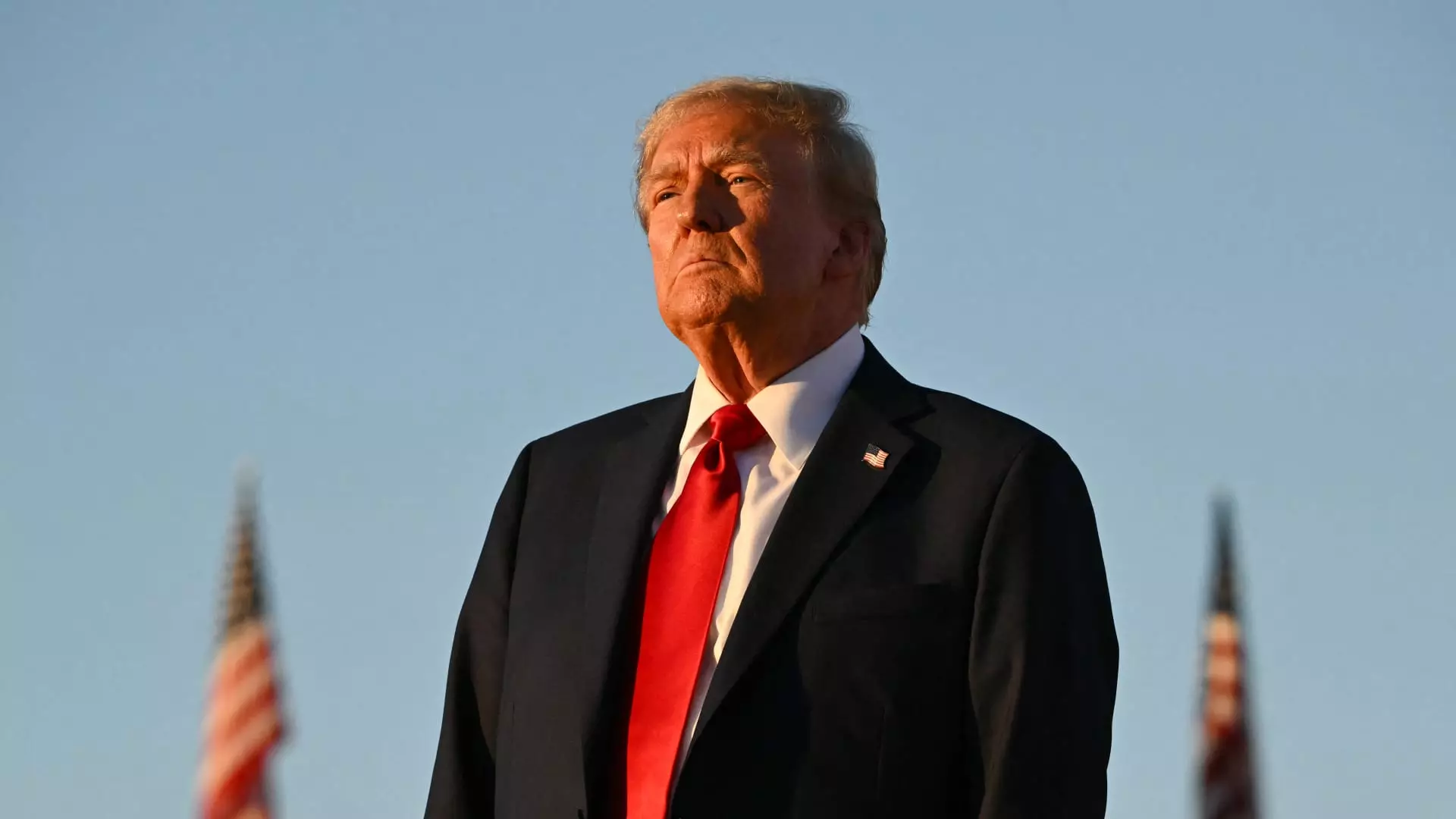Vice President Kamala Harris has recently intensified her critique of former President Donald Trump, particularly in light of alarming comments attributed to him regarding Adolf Hitler. This controversy has emerged from interviews with John Kelly, Trump’s former chief of staff, who recounted the unsettling admiration Trump purportedly expressed for the Nazi leader during his presidency. The implications of such statements not only reverberate through the political landscape but also raise profound ethical concerns about the nature of leadership and loyalty in a democratic society.
Speaking at her Washington residence, Harris asserted that Trump’s words carry a “deeply troubling and incredibly dangerous” weight, considering Hitler’s horrific role in history. By highlighting the fatalities of the Holocaust while also referencing the impact of Trump’s military aspirations, she draws a stark line between democratic norms and authoritarian inclinations. Harris articulated that Trump’s desire for a military loyal to him personally, rather than to the U.S. Constitution, signals a worrying shift towards autocratic tendencies.
These comments encapsulate a broader fear within the political arena; many observers interpret Trump’s behavior and ideology as a potential drift towards fascism. Kelly himself characterized Trump’s approach to governance as favoring a dictatorial model, warning against the dangers of unrestrained power. The historical parallels become unsettling when considering the lessons of the 20th century—the rise of totalitarian regimes often begins with a charismatic leader appealing to national pride and stability while eroding democratic checks and balances.
As the November 5 presidential election approaches, Harris’s remarks also serve as a clarion call about the critical nature of this electoral moment. With early voting having commenced in many states, she underscores the urgent need for voter awareness about the implications of electing a leader who may prioritize personal power over democratic integrity. Harris’s assertion that Trump is “increasingly unhinged and unstable” implores voters to consider not only the current political climate but the long-term ramifications of their choices.
Moreover, she emphasizes the absence of figures like Kelly, who once provided counterbalance to Donald Trump’s excesses, in a potential second term. This highlights a crucial aspect of leadership: the importance of accountability and the mechanisms that ensure leaders do not exploit their authority. If electoral outcomes lead to unchecked leadership, the balance of power may tilt towards tyranny, which poses serious risks to the foundational pillars of democracy.
The stakes are undeniably high as the nation gears up to make pivotal decisions about its future governance. Harris poses a critical question: What do the American people want? This inquiry goes beyond individual preferences; it delves into the collective psyche and future trajectory of American democracy. It challenges voters to reflect not only on policies and personalities but on the essence of democratic values and historical memory.
Harris’s remarks resonate with both urgency and alarm, compelling a nation at a crossroads to confront the specters of its past while deciding its path forward. As the echoes of history remind us, the price of complacency can be the erosion of freedoms, and the coming election will serve as a defining moment in reaffirming or altering the course of American democracy.



Leave a Reply